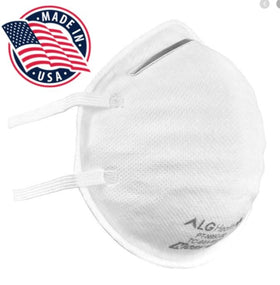
The JN.1 COVID variant is associated with three primary symptoms in this order
The most prevalent disease variant at present is JN.1, the latest rapidly spreading version of COVID, as per the recent findings from the Centers for Disease Control and Prevention.
Derived from earlier Omicron variants, JN.1 now constitutes approximately 62% of the current cases, showing a notable increase from the 44% reported two weeks ago. This upsurge is evident not only domestically, as indicated by wastewater levels, but also in international travelers and various locations worldwide.
The Centers for Disease Control and Prevention (CDC) stated in its January 5th announcement, "Current COVID-19 activity is at a heightened level. In recent weeks, there has been a notable increase in COVID-19 infections, hospitalizations, and fatalities. JN.1 might be contributing to the escalated spread of COVID-19 during this winter."
Despite the surge, there is positive news. Severe illnesses caused by COVID infections are now occurring less frequently. Although there is a 27% increase in cases compared to the same period last year, the instances requiring emergency room visits have decreased by 21%. Additionally, COVID-related hospitalizations are 22% lower than in the corresponding period of 2023, and the percentage of total deaths associated with COVID has seen a decline of 38%.
According to the CDC, the observed shift in infection levels versus severe illness is attributed to the enhanced immune protections conferred by vaccines, prior infection, or a combination of both.
The federal health agency noted, "Over 97% of individuals possess natural or vaccine-induced antibodies against the virus causing COVID-19. While this immune protection can diminish over time, it tends to endure longer in preventing severe disease compared to preventing infections."
Concerning the symptoms associated with JN.1, it does not seem to induce more severe illness than previous strains, and its symptoms are comparable. These include a sore throat, congestion, runny nose, cough, fatigue, headache, muscle aches, fever or chills, loss of sense of taste or smell, shortness of breath or difficulty breathing, nausea or vomiting, and diarrhea. Notably, there appears to be a specific order in which these symptoms manifest.
NBC News has reported that doctors are observing a trend of more upper respiratory symptoms, starting with a sore throat followed by congestion and cough. Notably, classic early COVID symptoms such as loss of taste or smell and diarrhea are less prominent in cases associated with JN.1.
The CDC affirms that all COVID diagnostic tests, including both rapid antigen tests and PCR tests, demonstrate effectiveness in detecting JN.1 and other variants. Additionally, it has been reported by TODAY that these variants remain responsive to antiviral treatments, such as Paxlovid.
N95 face masks and KN95 masks remain an effective defense for slowing or stopping the spread of COVID, especially when done in conjunction with other measures such as hand hygiene and social distancing when possible.


